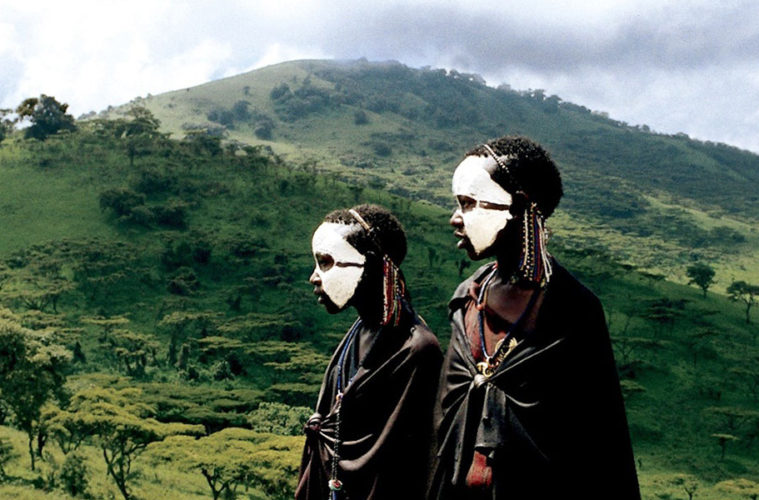“Dr Livingstone, I presume?”. Follow in the footsteps of the famous Scottish explorer…
Geography and climate
Situated in East Africa, to the south of the Equator, Tanzania is an oddly-shaped country bordered by eight other African nations. Unlike other countries on the continent, its borders are naturally defined, with the Indian Ocean to the east, Kilimanjaro and Lake Victoria to the north, Lake Tanganyika to the West and, finally, the Ruvuma River to the south.
Three simple words sum up Tanzania’s topography :mountains, steppes and savannahs. Its famous summits, Mount Kilimanjaro (5,892m) and Mount Meru (4,565m), sit on the northern border. Both of these majestic peaks are covered by forests that climb up to more than 3,000m in altitude. In the centre of the country you’ll find its immense plateaus, home to its legendary safari parks. It’s also Masai country – semi-arid steppes that boast a greater plant diversity, with palms and baobabs dominating the landscape.
It’s impossible to think of Tanzania without Lake Tanganyikaspringing to mind. Situated to the east, it’s one of the Great Lakes and, stretching along 677km, the longest freshwater lake in the world

Plant and animal life
Keen to preserve its natural heritage, a third of Tanzania is a protected wildlife zone. It began in 1951, with the foundation of the Serengeti National Park. Covering 15,000km2, the region is a natural reserve, home to 4 million animals including species at risk of extinction – leopards, black rhinos, elephants and even lions being under threat. You’ll quickly notice during your trip to Tanzania that its plant life is rich and diverse; indeed the Kitulo Plateau National Park is nicknamed the ‘Seregenti of Flowers’, thanks to the 45 species of orchids that grow on its prairies.
